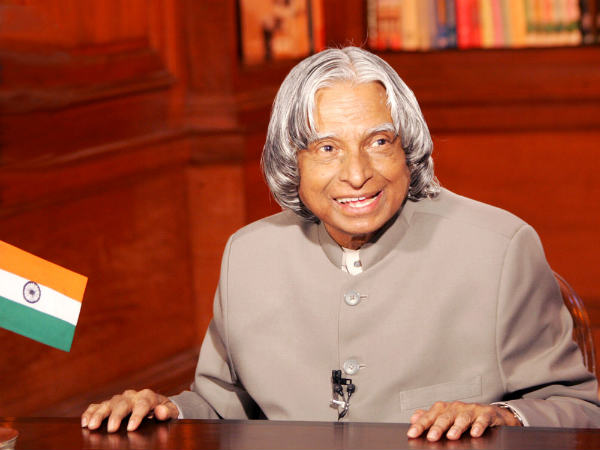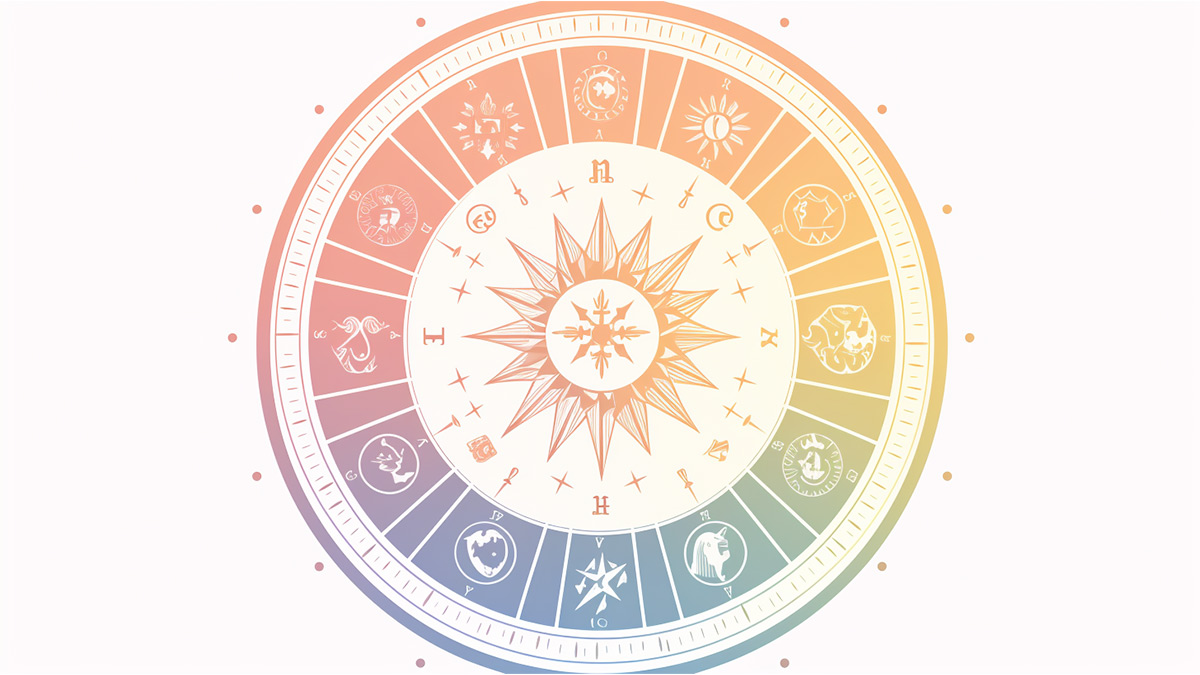
Should India abolish death penalty?
Former President Dr APJ Abdul Kalam had to deal with a total of 25 mercy petitions but uneasiness about confirming the death penalty made him order a study into the underlying cause in each case.

His memoirs Turning Points: A Journey Through Challenges, to be published soon, reveals this fact. Kalam has written in the book, "I thought I should get all these cases examined from a normal citizen's point of view in terms of the crime, intensity of the crime and the social and financial status of the individuals who were convicted and awarded capital punishment."
Upon finding that most of the pending cases "had a social and economic bias", Kalam recalls that he felt like "we were punishing the person who was least involved in the enmity and who did not have a direct motive for committing the crime".
According to Kalam, wrong decisions in capital punishment cases can be avoided if the courts "alert the law-enforcing authorities to intelligently find out the source of sustenance of the individual who is being punished and of his family". Such an analysis will help the judges to ascertain the motive of the criminal, he avers.
Kalam believes "We are all the creations of God. I am not sure a human system or a human being is competent to take away a life based on artificial and created evidence." No wonder he did not take a decision in as many as 23 cases and commuted the death sentence of only one convict to life imprisonement.
However, he rejected a particular mercy petition. "Of course there was one case where I found that the lift operator (Dhananjoy Chatterjee) had in fact committed the crime of raping and killing the girl without doubt. In that case, I affirmed the sentence," Kalam says.
He received appeals from 16 convicts in all. Since the 10th President of India KR Narayanan did not dispose off nine petitions, Kalam was forced to look at them too.
In this connection, he remarks "As a substantial number of cases have been pending in Rashtrapati Bhavan for many years, it is one inherited task that no President would feel happy about."
Pratibha Patil seems to share Kalam's opinion and has already taken a decision on most of the mercy petitions put up before her. Whosoever is chosen by the electoral college as the next President will be thankful to their predecessor for that.
So far the outgoing President has shown clemency to 35 convicts on death row. The media has since pointed out that many of them had committed barbaric crimes. Surprisingly four persons whom the courts found guilty of massacring 17-of-a-family feature in the list of 'beneficiaries'.
Another quartet who murdered young girls after sexually abusing them were also let off, but the assassins of Beant Singh and Rajiv Gandhi were not pardoned even though their actions and reasons were clearly political in nature.
The death sentence is awarded only when the judges deem the crime as the "rarest of the rare". Nevertheless, Article 72 of the Constitution gives the President the right to pardon, grant reprieve or suspend, remit, commute sentence of person convicted of any offence.
Kalam's book is likely to spark a renewed debate on capital punishment. Some countries have abolished the death penalty. Should India follow suit? The answer will be of interest especially to Pranab Mukherjee and PA Sangma. After all, one of them is going to be in the hot seat shortly.


 Click it and Unblock the Notifications
Click it and Unblock the Notifications






























